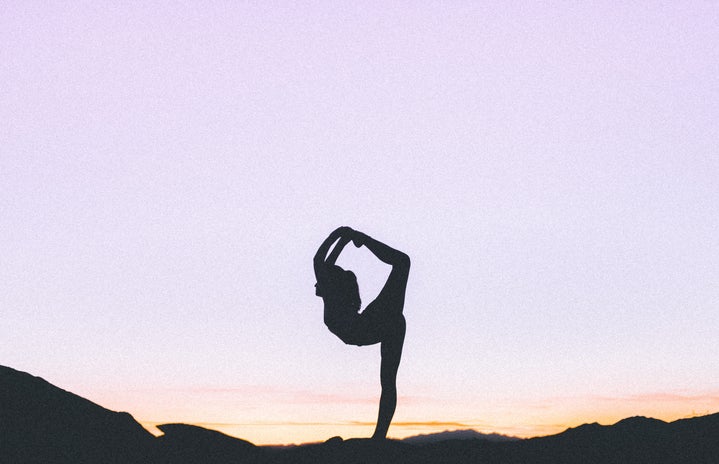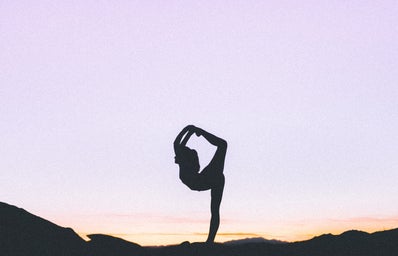What is a healthy diet? Should I boycott certain foods? How many calories should I be consuming? Should I quit carbs? Is meat really that bad for me? WHY DON’T I LOOK LIKE THE HEALTH AND WELLNESS BLOGGERS I SEE ON INSTAGRAM????
These are just a handful of the questions we find ourselves seeking answers to. We all know it’s good to eat healthily. However, deciding what is healthy and what constitutes a healthy diet often proves to be a challenging concept. Over the last 10 years, the health and wellness industry has become big business, generating around $277 billion dollars each year through healthy eating, nutrition and weight loss sales alone! The global wellness industry as a whole is estimated to be a £3.7 trillion-dollar market! It is responsible for a shift towards healthier eating and regular exercise and has encouraged billions across the globe to start investing in their health to ensure wellness.
Perhaps one of the more controversial crazes to occur from the health and wellness industry is clean eating. Essentially, clean eating is the latest fad driven almost entirely by social media. Diet used to be about losing weight, yet clean eating is not just about minimising your waistline – it’s about actually improving your health.
However, the concept of clean eating is ironically not that clean cut. It is an ideology which consists of numerous different factions and divisions, some more extreme than others. At one end of the scale, clean eating is simply about adding more veg to your diet and trying to cook from scratch using fresh, organic ingredients. But at the other end, clean eating is far more intense, insisting people cut out entire food groups deemed harmful to the body. For example, Leanne Ratcliffe (aka Banana girl) urges her followers to consume up to 30 or more bananas a day whilst also following a strict raw vegan diet and warns that protein is ‘like acid’ for the body.
It is this clash between balance and extremism which has distorted our view of nutrition and left us confused and frustrated, questioning who to believe, what we should be eating and how ‘clean’ are diets should be. Dr Giles Yeo recently investigated clean eating in a 2017 documentary which aired in January. He found that many of clean eating’s concepts and beliefs were pseudoscientific (they had no objective, scientific basis). Many clean eating fads, such as the Alkaline diet, are often mistakenly believed to be based on scientific method. However, clean eating isn’t based on science, so it’s important to approach it with caution and not believe everything you read. It is important to remember that a lot of clean eating activists are not qualified nutritionists or dietitians.
Dr Giles Yeo wisely points out that science has always advocated a balanced diet to be the most effective and safe way to health and wellness. Take inspiration from clean eating, but be wary of allowing it to dictate your entire diet. Many clean eating fads ignore the fact that everyone is different – what works for one person doesn’t work for everyone. A diet which does not boycott entire food groups and allows us to consume a wide variety of nutrients is the best way to ensure wellness.
Edited By Niamh Perry
Image:
References:
Nutrition For Dummies by Carol Ann Rinzler
https://www.globalwellnessinstitute.org/press-room/statistics-and-facts
http://www.womensmarketing.com/blog/2014/11/health-and-wellness-market/

